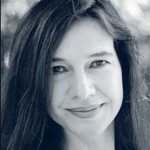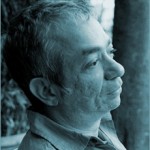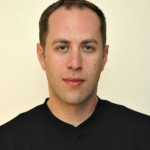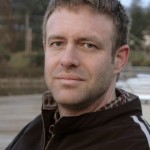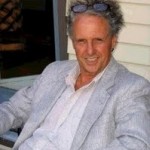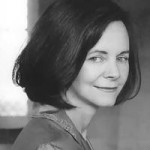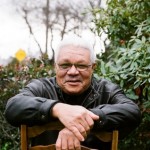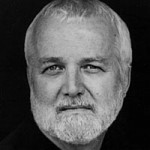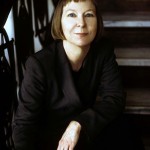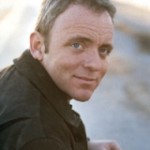EVERY PAST THING, by Pamela Thompson
(excerpt by permission of the author and publisher)
Publisher: Unbridled Books; 1 edition (September 29, 2007)
It isn’t like they say—whoever they be—about Death, or about Knowledge.
That is Edwin’s first thought, on his back, under the apple tree, looking up at the blue sky. The frightening, dear sky. If he is dead, then life has not been so unusual. Is not so strange? Is not so different? The sky, with wisps of clouds like the feathers poking through his pillowcases. These wisps, he sees first. These wisps, and then a spinning darkness, all this world a spinning darkness and the wisps flecks, dancing. He might have caught the branch. He should have been able to catch the branch. But he had not even tried. He had not thought it—necessary. He had leaned—far. He must have been holding to a thin branch overhead, and to the hand-saw. He must have leaned. He must have leaned—too far. He was confused. Up down and down up, and in that case what is gravity, or the distinction between one being and the next. It was as if he were apple tree, as if he grew out of the trunk, a branch from the trunk, which grew from the earth, so heading toward the earth no different from growing out of it. He must have—he opens his eyes again to the sky, the wisps—he must have been holding on to the branch he cut. He must have cut off his own support. He tries to lift his arms to see how he had held them in the air, the saw in his right hand, left hand choosing the branch to prune—but his arms are too heavy, the confusion of lifting and arranging them too great.
So much effort. And the world would not have cared a whit whether some hypothetical apples might one day next spring have had their start in pink-white buds in the space he had made for them in the upper reaches of the tree. He will not see the spring. And that, too, an inconsequence. That one apple falls or a man lives or dies. He in his orchard. Others—elsewhere. Elsewhere, where the river rushes toward the falls, and farther, in all the cities and places he has never been.
“I am so small,” he says. “So small.”
His words, barely a whisper, do not ruffle the air, do not make any more dent in the landscape than the fallen branches. Tiny nubs of green that will not unfurl. He wants to laugh—to see things come to this. Trees, limbs, ground. That is—he feels laughter in him, but no sound comes.
He will stay on the ground. Unless Mary rescues him. But she will not notice his absence until dinner. No reason for it. And it will turn dark before then, so he’d better save breath enough to call out when she comes looking. By then he may not be—
The ground is so cold. His limbs start to shake. He must be alive. Death surely a more significant rupture. He lives—or he cannot explain the facts: the sky, the cold, his shivering. He laughs, but no sound comes. The sky floats above and he is pinned below, captive, a chattering form upon the earth. If he cannot get himself up, he will die here.
“I will die here,” he tries aloud.
But his words do not rend the air. He knows that. Knows that this is the end, and is surprised to find that death is so funny. But a private joke. After all—this. What all foolishness comes to. A figure prone upon the earth. He might have left the last tree a bit shaggier than the others.
Yet why not die? He had not known before how easy it would be. He sees how she could have slipped from them so quietly. Though not like sleep. Not a closing like that, but—something else. His bones shake so hard he is—are—pieces. Pieces see through skin to separate bones, feel each distinct from every other, as if he have not sinew or muscle or flesh. He know then, has not broken the sticks and pegs that hold him together. Failure not mechanical. Something else. Dissolution of the spirit. Shattering of—self. He is not—what he had thought himself to be.
He draws a great gasp of air. Arms try again—lift. This arm, this hand with fingers, must have dropped the saw. Fingers bend and unbend: Try to hold. Roll bones to one side. Knees tuck. Gather self. Must gather self. All selves. Laughs again, but no sound comes. Miracle all along it had been. Miracle all along to have held himself in one body. Parts could so easily have gone off on their own, kept their own time. (Something multiplies deep inside him.) Grass blades poke eyes. Other parts, probably, but they do not report. Only eyes mind. Sharp. Strips of viridian too blue. Gold and pink if sun slant under trees. Sun slant and wrap him. Sun slant and wrap and turn him into the earth.



